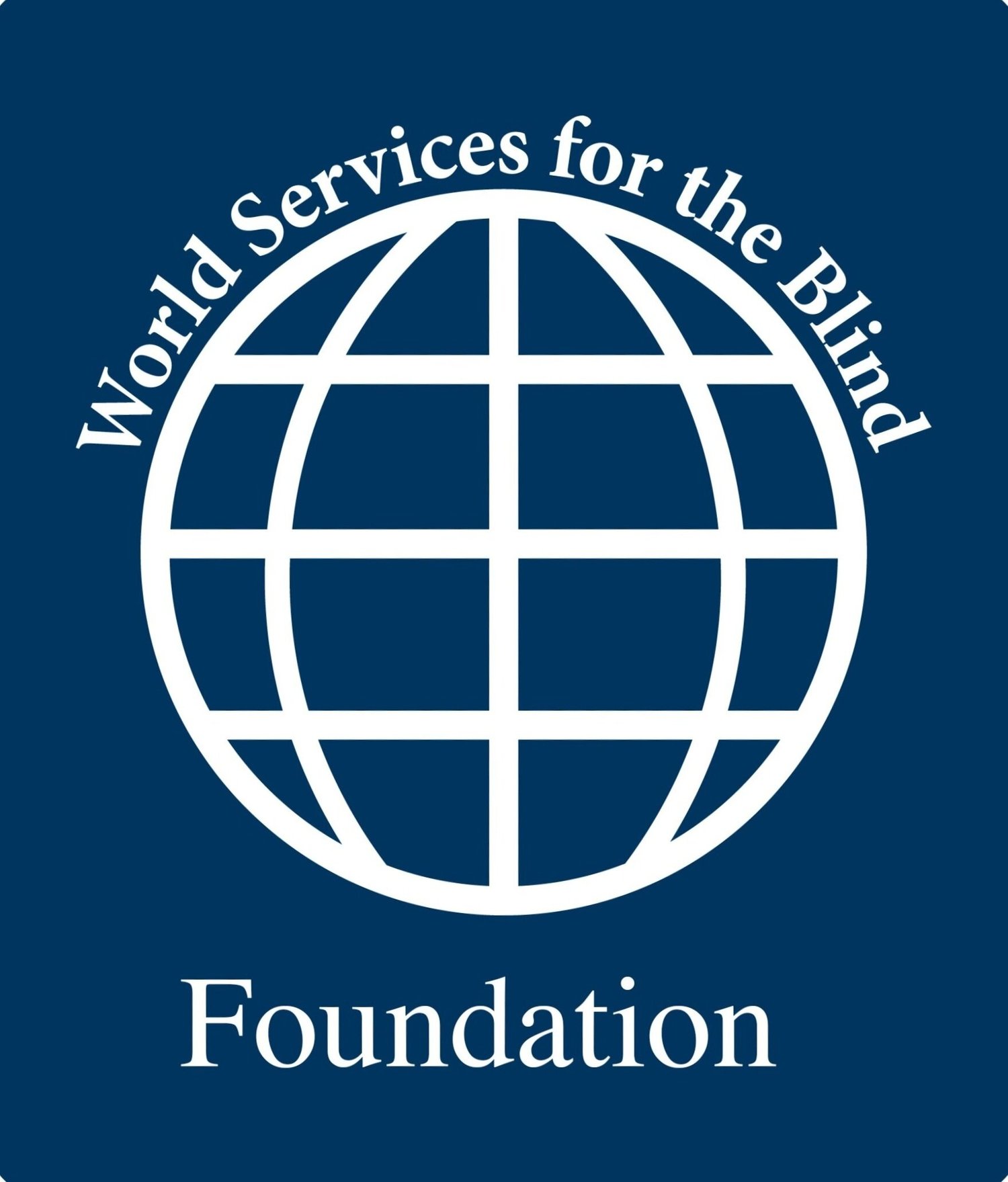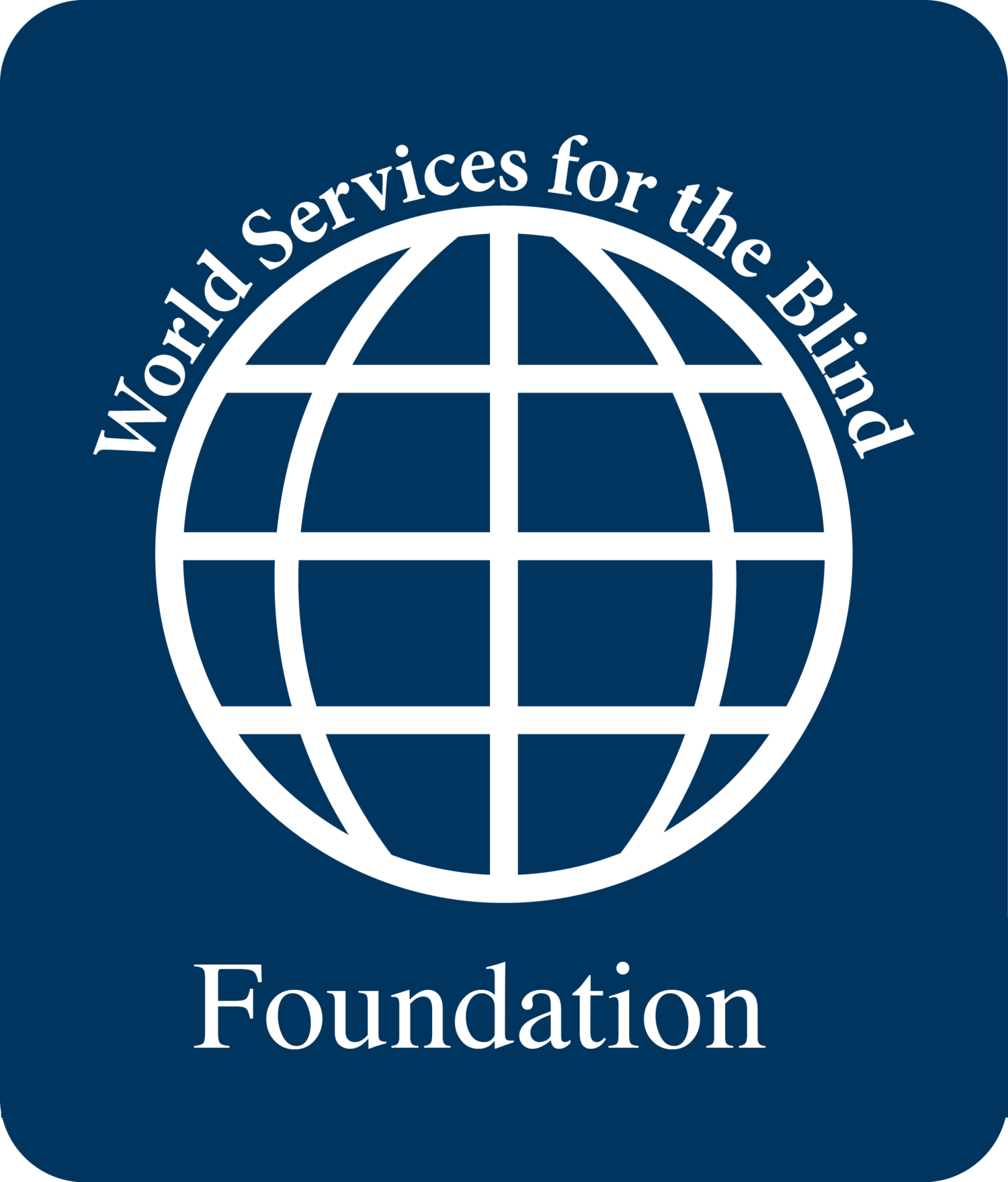Freedom to be Me
Julakha’s Story
“I am free to be who I am, empowered as a woman and also have rights. I finally know what it feels like to have pride in myself…”
Julakha is an international client from Bangladesh. She arrived on the World Services for the Blind campus April 2022. That day changed her life completely. She fought hard to come to America and to WSB. Julakha was born to a family of six. She is the youngest of 4 sisters. She was born blind. She has a sister that is also blind. Her sister is the second to the youngest and when her mother gave birth to her the family was angry and disappointed that she was blind. They were hard on her mother, but the family eventually accepted it. When Julakha’s mother gave birth to her, and she also was blind her family including grandparents, aunts and uncles were furious and thought something is wrong with her mother. While she was recovering from giving birth her mother was tortured with tactics of starvation and verbal abuse. They put her down for being incapable of doing her duty to provide healthy children.
Women in Bangladesh are looked upon as secondary citizens to the men in their culture. They are made to be a wife, serve their husband and have their children. The culture says that if you do not obey your husband you will go to hell. You will also be treated terribly by your in-laws. Women are allowed to attend school up through 12th grade but are discouraged from receiving a higher education through college. They are to be married right out of high school at 17 or 18. These marriages are arranged by the family. They begin looking for partners for their daughters in their early teen years. If you have a daughter born with a disability it is harder to find a man that will marry them. Their culture does not afford women very many rights and especially those with disabilities, making it hard for them to live on their own.
As a child Julakha was made fun of by her family members, they would mimic her and laugh at her. When guests would come visit her parents would lock her up in a room so no one had to see her. She became very ashamed of her disability. When Julakha was school age, she started out in a public school but they didn’t want to deal with her blindness, so she was kicked out and forced to go to the blind school from third through fifth grade. An organization that helps those with disabilities took her under their wing and helped her get back in public school in the 6th grade in the capital of Bangladesh. She graduated high school and had to leave the big city because if she tried to survive on her own there, it was a good chance she would be sexually and physically abused. She left and went back home to her family.
Immediately her dad and mom began searching for her a husband, any man that would take her. All the extended family and friends were putting pressure on her family to marry off this last daughter. Her family is extremely poor, and it was better for them financially for her to become someone else’s responsibility. On top of the fact that her dad was diagnosed with cancer and they no longer could care for her. They decided to force her to marry an old man that was going to use her as his slave. She refused.
In the meantime, Julakha set out to see if she could attend the local college. She was determined to go and fought against multiple barriers to finally be accepted. The disability rights activist group she found in school helped promote college for her. She had to threaten the college that if they did not admit her that she would go to the press. The college did not want the bad press, so they allowed her to come.
Things continued to get worse at home. After Julakha refused to marry the man her family picked for her they began to abuse her worse. They treated her like a dog. They called her “domestic animal” instead of her name. They fed her food for cows. With her dad sick her mother was considering giving Julakha the family home and property so she would have a place to live. Her uncles weren’t having it and threatened to kill her. They wanted to inherent the property after her dad died.
Julakha started looking for more support with her blindness disability and a way to get away from all the abuse and threats of death. She googled “vocational training”. She had heard those words spoken from the disability rights group. While searching, World Services for the Blind popped up. Julakha reached out to her sister who recently moved to the United States to help her make contact with WSB. Her sister desperately wanted to help Julakha get out of a terribly abusive situation and help make a way for her to better herself.
Thankfully, we were able to get her enrolled and she arrived in April of 2022. Since Julakha has been with us she has learned how to use a computer on her own. She has learned how to use a cane and can get around our entire campus now on her own as well as take local transit, to get around in town. She was forced to cook when she was at home in Bangladesh and would burn and cut herself frequently because she couldn’t see. At WSB she has learned to cook on her own safely and loves it! She can do her own laundry in a washing machine and dryer rather than scrubbing everything by hand like she had to do in her own country.
We are proud to announce that in November of 2022 Julakha has moved on from our pre-vocational training and into a vocational training program as an Assistive Technology Instructor. She wants to be able to help others learn about all the tools available through technology to help them live a safer and easier life. She wants to be able to give back with all that she has been given and help others learn all she has learned.
Julakha says that WSB saved her life. She has learned lots of independence in every area and skills she never had before. She has met lifetime friends since she has been here that have become like her family. She says her life has meaning and value and that it is good to be a woman, even a woman with a disability. What she loves about living in the United States and learning at World Services for the Blind is that there is no limitation here for women. She says “I can be free to be who I am empowered as a woman and also have rights. I finally know what it feels like to have pride in myself.” She is so grateful to World Services for the Blind and the help of donors who provided scholarship money to keep her in our programs. From her mess has come her message of strength, determination, and freedom to be who she is and soar into her future. You can help others like Julakha experience our life changing programs by giving to the SUCCESS Scholarship Fund.


